Dive into a collection of articles that amplify neurodivergent voices, support a more thorough understanding of neurodiversity, and challenge common misconceptions.
Month
- December 2025
- November 2025
- October 2025
- September 2025
- August 2025
- July 2025
- June 2025
- May 2025
- April 2025
- March 2025
- February 2025
- January 2025
- December 2024
- November 2024
- October 2024
- September 2024
- August 2024
- July 2024
- June 2024
- May 2024
- April 2024
- March 2024
- February 2024
- January 2024
- December 2023
- November 2023
- October 2023
- September 2023
- August 2023
- July 2023
- June 2023
- May 2023
- April 2023
- March 2023
- February 2023
- January 2023
- December 2022
Author
- Abs S. Ashley
- Adam Fare
- Aimee Fletcher
- Aisling Sheehy
- Andreia Costa
- Ann Memmott
- Antonia Aluko
- Beverley Samways
- Brendan Maguire
- Callum Stephen Howes
- Cassandra Lovelock
- Cassandra Lovelock and El Dewar
- Charli Clement
- Chloe Webster-Harris
- Claire
- Cos Michael
- Darren O'Reilly
- Dr Catherine Crompton
- Dr Virginia Carter Leno
- El Dewar
- Elise Guthrie Stirling
- Emily Lees
- Emily Katy
- Emily Wooden
- Emma Nielson
- Grace Lee
- Guest Contributor
- Harriet Axbey
- Hat Porter
- Helen Edgar
- Iqra Babar
- Jill Corbyn
- Kai Schweizer
- Katie Munday and Naomi Lawson Jacobs
- Katrine Callander
- Kay Louise Aldred
- Krysia Waldock
- Kyra Thompson
- Lizzie Smith
- Lou Chandler
- Lucy Gilbert
- Meena Kumari
- Molly Anderton
- Molly Siobhan Parker
- Nick Ransom
- Reesha Zahir
- Remie Colledge
- Rhiannon Williams
- Rod Landman
- Rose Matthews
- Sarah Douglas
- Sarah Boon
- Sascha Bellamy
- Sophie Broadgate
- Stop Oxevision
- Thomas Barnett
- Tina
- Trauma Geek
- Victoria Denham
- Warda Farah

“No attendance score is worth your suffering”
Cassie Lovelock makes the case for why the UK government’s ‘drive to improve school attendance’ will have detrimental impacts on neurodivergent children, young people, and their families.
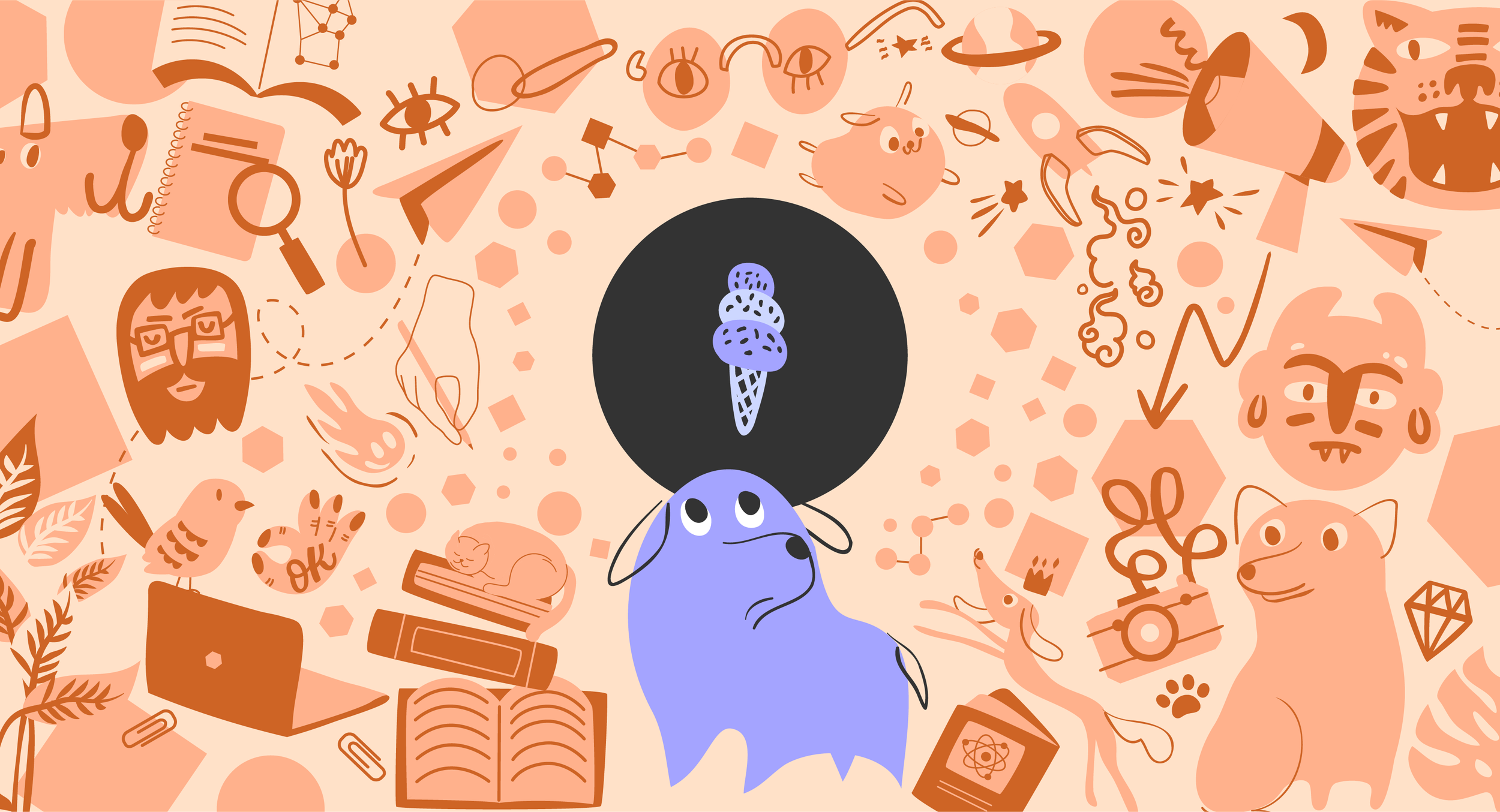
Monotropism, Young People and Autistic Burnout
Helen Edgar (Autistic Realms) examines how the theory of Monotropism provides a lens for understanding the challenges Autistic, ADHD and AuDHD young people face in the education system and at home, and how their needs can be better supported to avoid burnout.
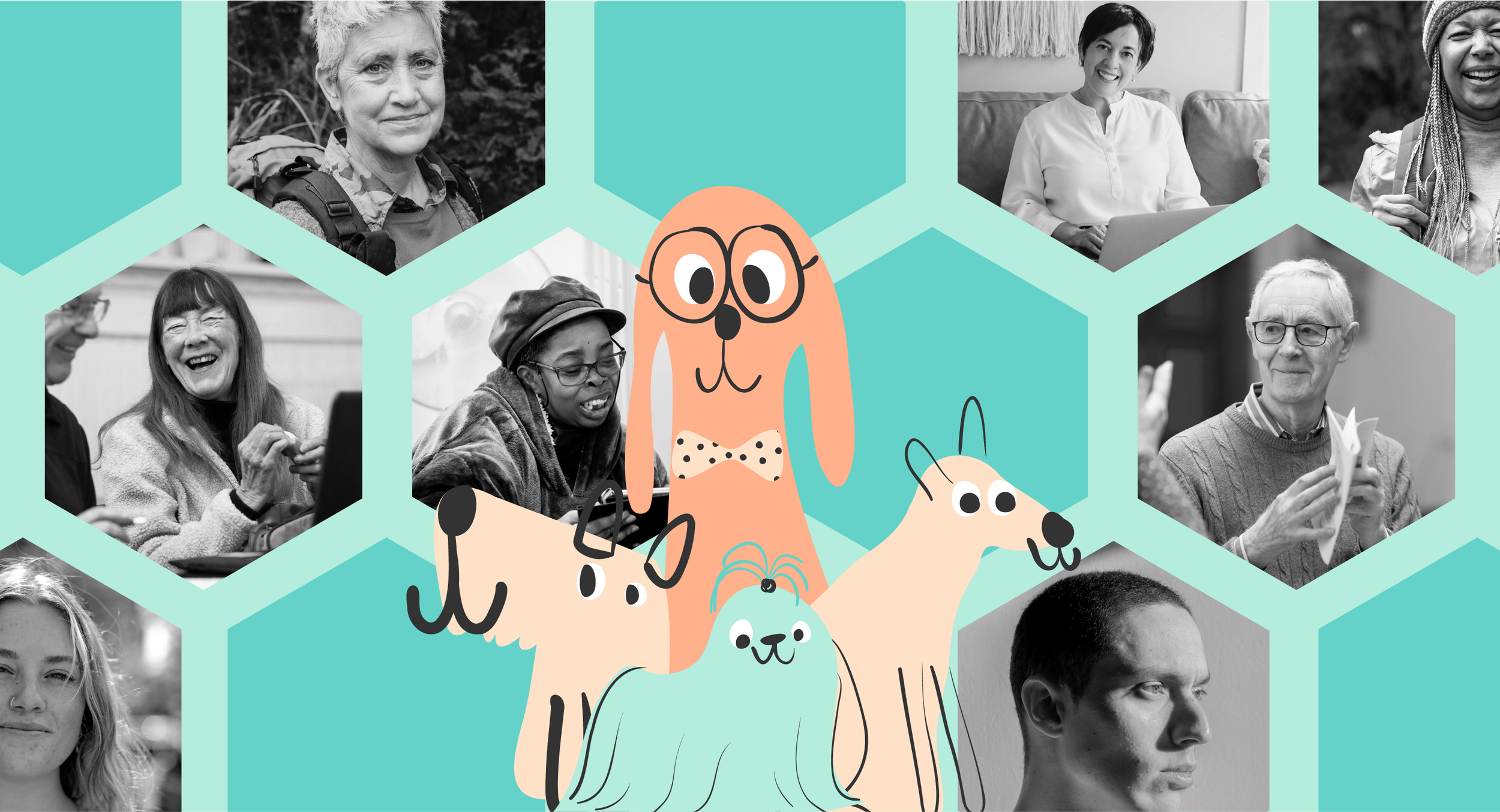
Neurodivergent Wellbeing Approach Training: better than a New Year’s resolution!
Kay Louise Aldred introduces the benefits of Neurodiverse Connection’s Neurodivergent Wellbeing Training. This holistic, well-being focused training programme is open to neurodivergent individuals, their families and friends, as well as professionals including hospital teams, community teams, educators, third sector groups. NdWA training comprises eight online sessions, running from 30 January—26 March 2024.
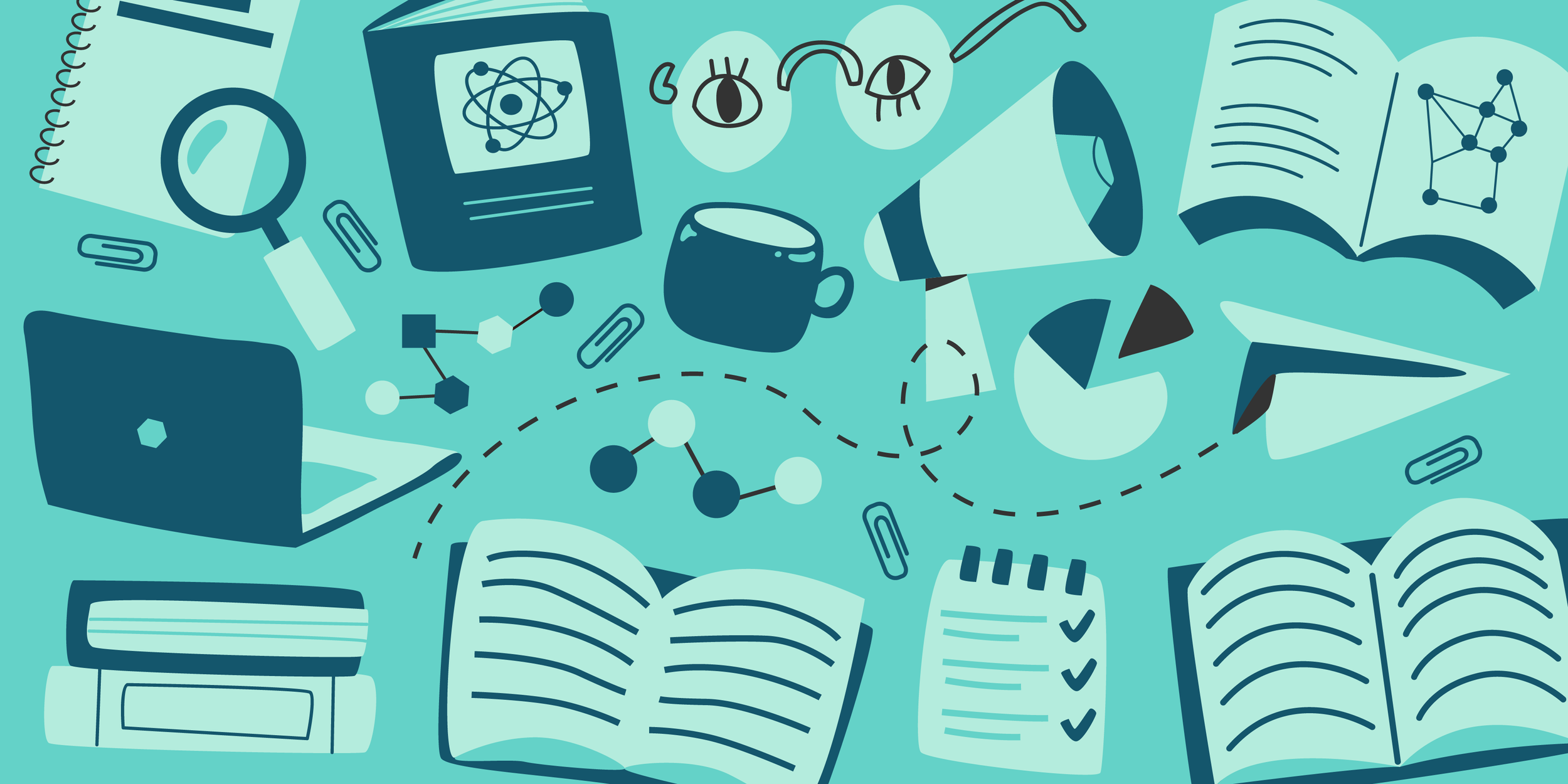
Autism Research—What’s New in December 2023?
This research roundup picks out some of the current big debates on autistic lives, and showcases new and important research from teams and academics working within the field.
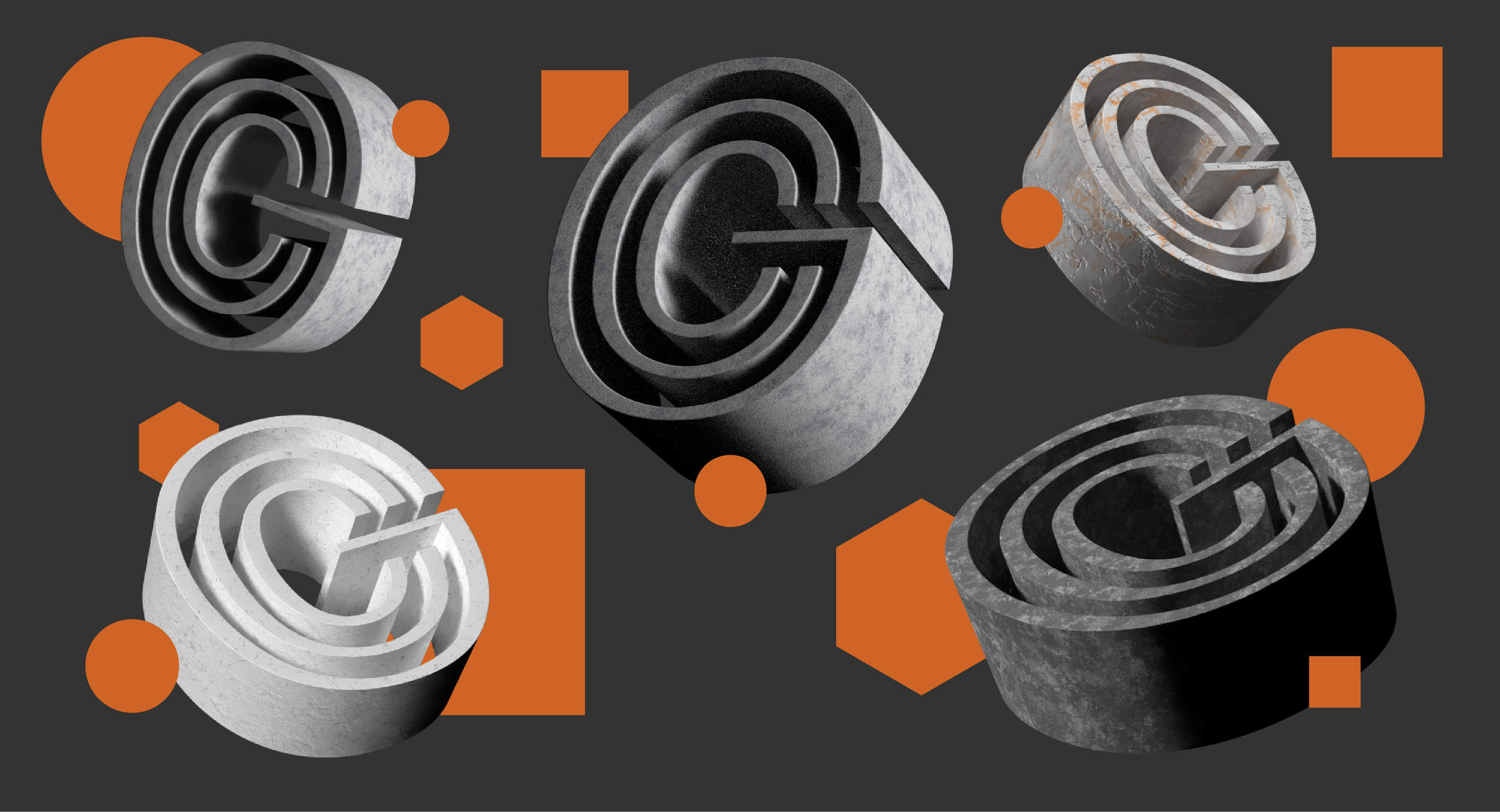
Reflections on the Grooming & Coercive Control Summit 2023
Our Founder and Director Jill Corbyn reflects on the impact of the Grooming and Coercive Control Summit 2023. Recordings of webinars and resources will be uploaded to our YouTube channel and Resource Library respectively over the coming months.

Centring practitioner wellbeing: the difference it makes to supporting service user wellbeing and provision
Kay Louise Aldred introduces our Neurodivergent Wellbeing Training. This holistic, well-being focused training programme is open to neurodivergent individuals, their families and friends, as well as professionals including hospital teams, community teams, educators, third sector groups. NdWA training comprises eight online sessions, running from 30 January—6 March 2024.
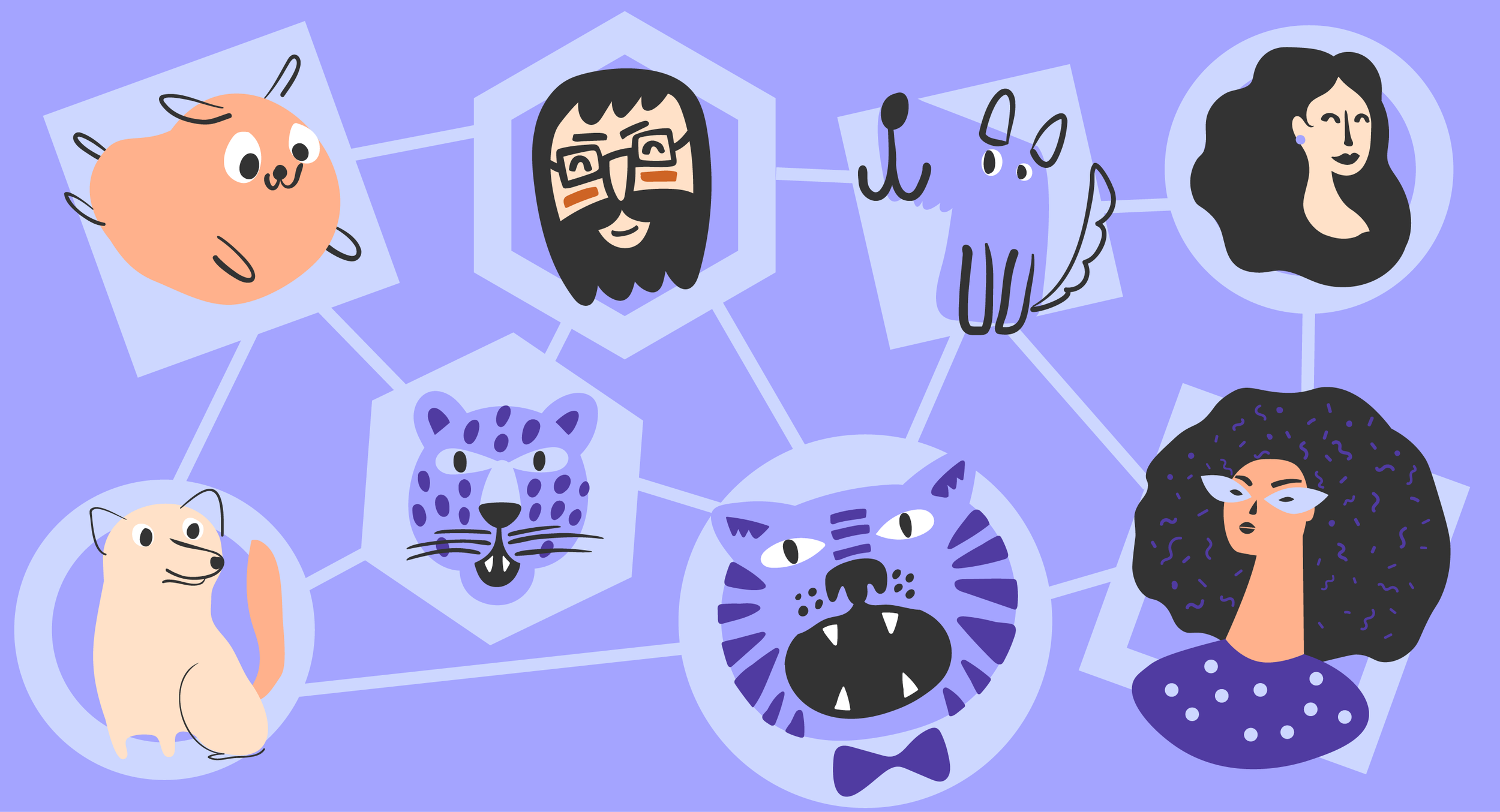
The importance of online Autistic communities for a positive Autistic identity
A Q&A with guest contributor Claire about the benefits of engaging with Autistic communities online.

5 tips for managing the demands of the festive season
Krysia Waldock shares five key tips for managing the physical, sensory and emotional demands of the festive season.

Autism Research—What’s New in November 2023?
This research roundup picks out some of the current big debates on autistic lives, and showcases new and important research from teams and academics working within the field.
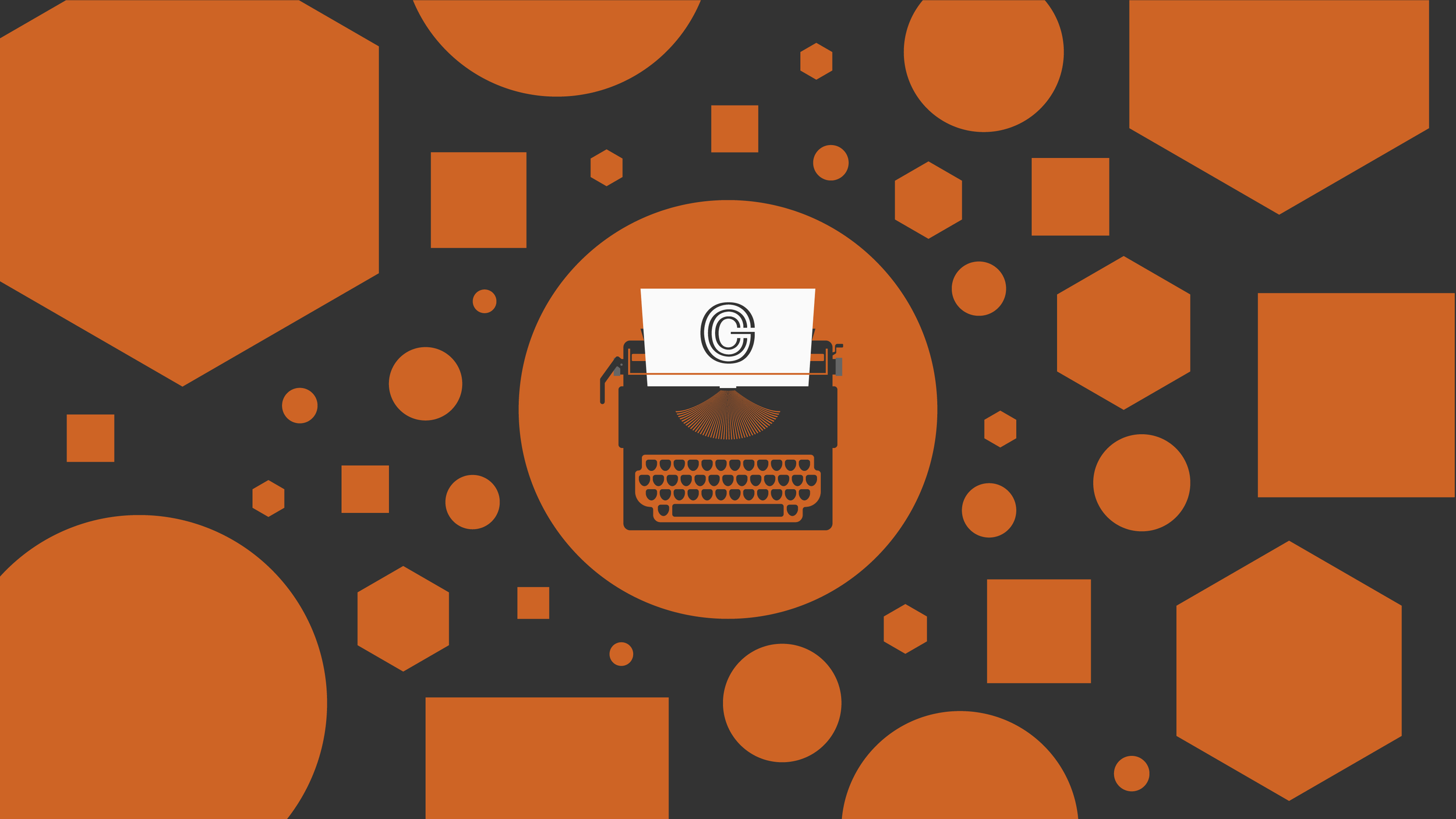
From Powerlessness to Empowerment — Part 3/3: The Found Adult and the Recovering Child
This is the third and final installment of a trio of blogs from Sarah Douglas. These articles form an intimate and thoughtful autobiographical account that traces what Sarah calls ‘a Neurodivergent meandering of trauma and hope’.
- ABA
- abuse
- accessible
- ADHD
- adults
- advocacy
- affirming
- aging
- assessment
- autism
- autistic parents
- black autistic
- building design
- burnout
- childhood
- children
- co production
- coercive control
- communication
- community
- culture
- depression
- Designing Homes for Sensory Differences Summit 2024
- diagnosis
- disability
- dyslexia
- eating disorders
- education
- empathy
- employment
- environment
- ethics
- executive functioning
- family
- friendships
- GCC Summit 2023
- gender
- grooming
- guidance
- health
- healthcare
- holiday
- housing
- human rights
- identity
- inclusion
- inpatient
- intersectionality
- joy
- language
- late diagnosed
- learning disability
- LGBTQIA+
- lived experience
- masking
- medicalisation
- meltdown
- mental health
- monotropism
- mothers
- nervous system
- newly diagnosed
- NHS
- OCD
- online
- pain
- parents
- PBS
- peer support
- play
- psychiatric care
- quality of life
- race
- racism
- reasonable adjustments
- relationships
- research
- resources
- routine
- school
- self diagnosis
- self regulation
- sensory environment
- sensory overwhelm
- sensory processing
- services
- sexism
- special interests
- spirituality
- stimming
- stress
- suicide
- support
- therapy
- training
- trauma
- trauma-informed
- women
- workplace
- young people
Got something to say?
We commission blogs from neurodivergent writers. We are particularly keen to hear from people of colour, older people, and non-speaking members of our community. Help us in our mission to amplify the views and voices that are most often left unseen and unheard.


